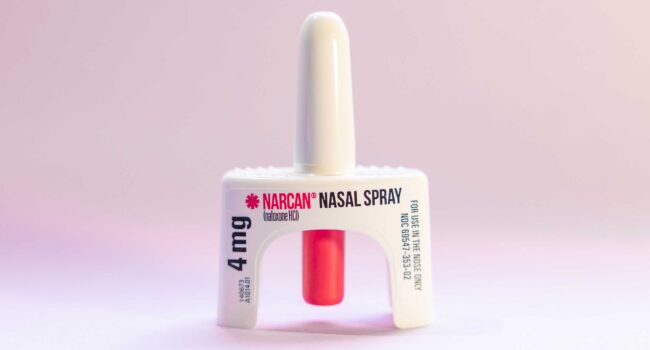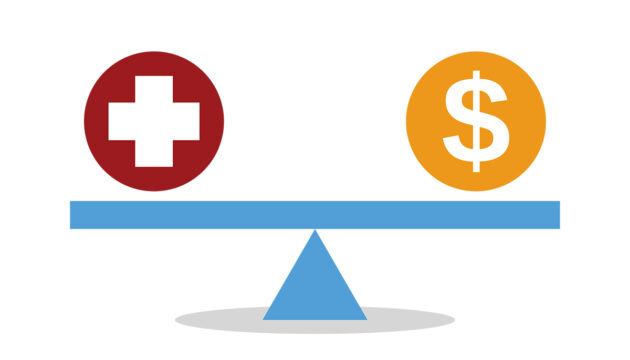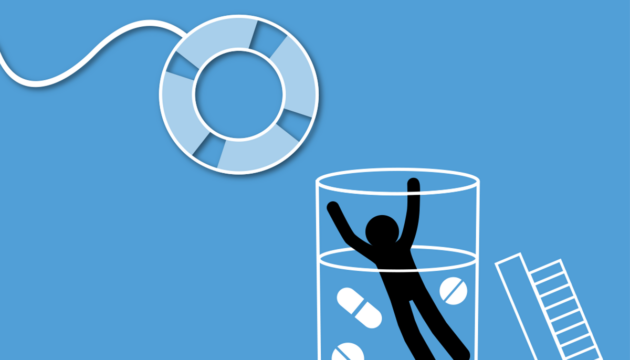
Patient and Physician Behavior
Featured Topics
Lead story
Other featured articles
-
As Overdose Epidemic Shifts, Higher Doses of Addiction Treatment May Benefit Patients Long Term
Patients receiving higher doses of buprenorphine were less likely to later require emergency department services or an inpatient hospital stay, researchers found.
Posted in -
Disparate Patient Advocacy When Facing Unaffordable and Problematic Medical Bills
Most respondents who self-advocated achieved bill corrections and payment relief.
Posted in -
It’s Worth Challenging That Troubling Medical Bill, Study Finds
Most who sought billing help got some relief, but those who may struggle most are less likely to reach out.
Posted in -
Schaeffer Institute Launches New Initiative to Improve Public Policy
Climate change, health and food insecurity will be major focuses of a new initiative aimed at creating policies and communication that better fit people’s needs.
Posted in
About this section
Patients as well as providers must take responsibility in improving healthcare, but human fallibility can impede success. The Schaeffer Center fosters supportive and effective ways to improve the decision-making of all parties for healthier results.
Our Work In Patient and Physician Behavior
-
Fitting in? Physician Practice Style After Forced Relocation
Obstetric physician behavior change appears highly malleable and sensitive to the practice patterns of other physicians delivering newborns at the same hospital. Incentives and policies that encourage more appropriate clinical care norms hospital-wide could sharply improve physician treatment decisions, with benefits for maternal and infant outcomes.
Categorized in -
A New Healthcare Valuation Model That Puts Patients First: Generalized Risk Adjusted Cost-Effectiveness (GRACE)
By recognizing that health is worth more to those who have less, GRACE provides a more equitable approach to value assessment and healthcare investments.
Categorized in -
Risk Preferences Over Health: Empirical Estimates and Implications for Medical Decision-Making
Individuals are risk-seeking at low levels of health and are most risk-averse at perfect health
Categorized in -
A Randomized Trial Looking at Planning Prompts to Reduce Opioid Prescribing
The study confirmed the benefit of planning prompts, and repeat letter exposure among clinicians with poor patient outcomes.
Categorized in -
Want Safer Prescribing? Provide Doctors With a Plan for Helping Patients in Pain
Letters notifying physicians of patient overdose deaths and providing a plan for the future is an effective intervention, according to new USC Schaeffer Center research
Categorized in -
Expert Views on State Policies to Improve Engagement and Retention in Treatment for Opioid Use Disorder: A Qualitative Analysis of an Online Modified Delphi Process
Experts believe that supportive policies improve engagement and retention in opioid use disorder treatment.












